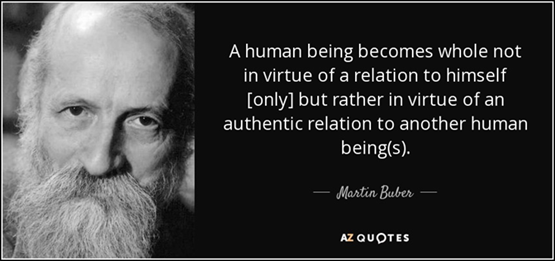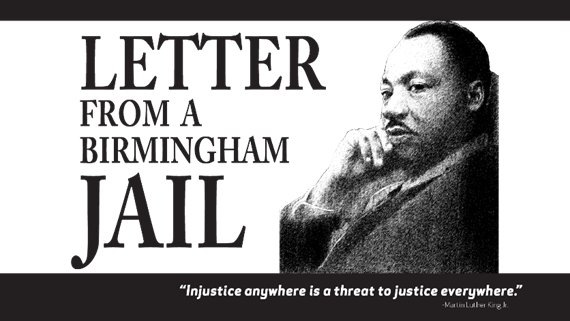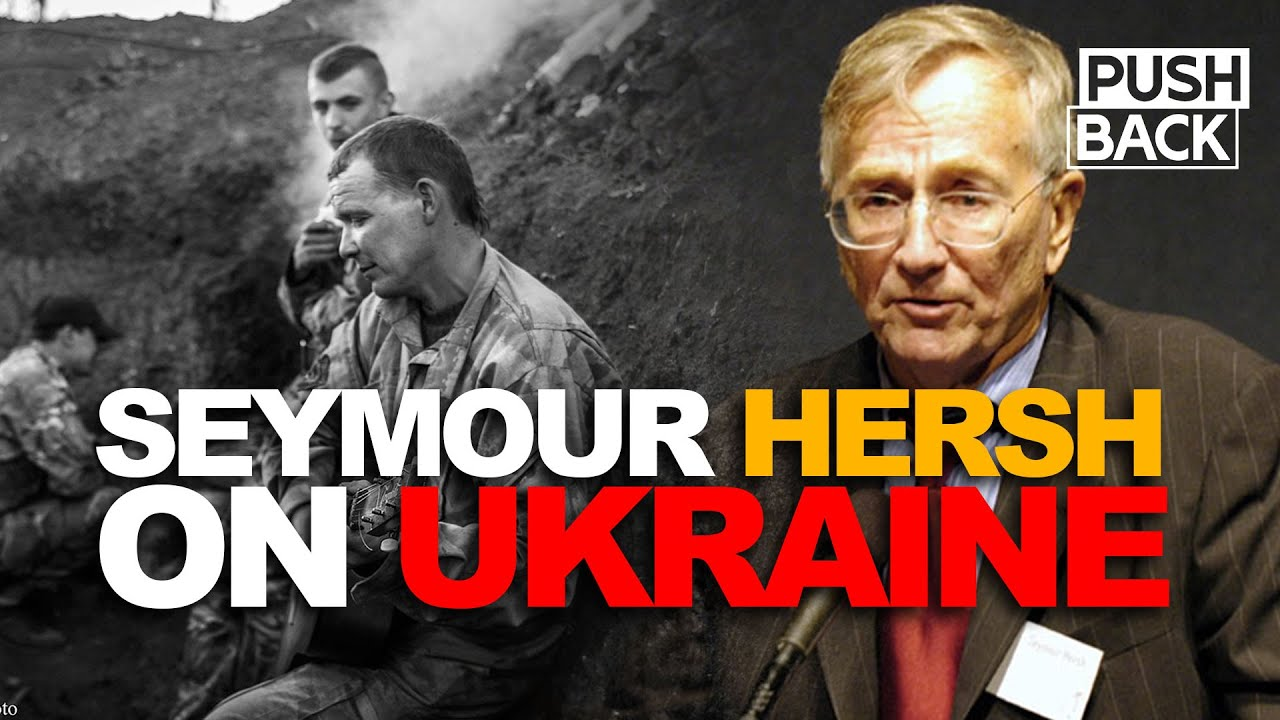Harry Targ
These are indeed hard times for the vast
majority of humankind. And the times are troubling for a number of reasons.
First, communities,
nations, and the planet face the possibility of extinction of all life forms.
Warning signs are seen everywhere: drought, fires, heat, cold, and the prospect
of large swaths of land being flooded by global warming. And as has been the
case for hundreds of years, the greatest threats and immediate suffering is
impacting particularly on the peoples and lands of the Global South.
Second, despite years of
wise counsel, mass movements, campaigns, and demands, the danger of nuclear war
continues. Indeed, many experts and peace activists believe the danger of
nuclear war is as serious now as at any time since 1945. Ironically, leaders of
the G7 countries meeting in Hiroshima now are discussing what amounts to
further fueling the war in Ukraine.
Third, along with these
two life-threatening issues, every country and people have experienced poverty,
inequality, anomic violence, and weakening educational and health care
institutions, Pundits from the Global North report on food, health care, and educational
deserts. But because a small number of conglomerates control more and more of
what we know, what might be called media deserts reduce the possibility of people
having knowledge about the crises facing them, their communities, and the
planet. The metaphor of the “desert” speaks to the scarcity of peoples’ access
to information about the viability of human life.
Fourth, and to some
extent “the good news,” masses of people are rising up angry within the United
States and around the world. Workers, students, people of color, women, and other
oppressed groups are making their voices heard. And in some places movements
have been impactful. In the United States elections have mattered: some for good,
others for evil. And, in general, if the planet survives, so-called minorities
will be majorities by 2050 (the rightwing fears this referring to what it calls
“replacement theory”).
Fifth, one
manifestation of people rising up angry is a new emerging sensibility and organizations
coming from “the Global South.” The Global South, an imprecise construct,
consists of all those peoples, territories, and nations that have been victimized
by capitalism for hundreds of years. Today leaders of governments of various
ideologies from the Global South have organized around trading zones,
dedollarization and new military security arrangements, and the construction of
new international organizations. They have revitalized demands for a New
International Economic Order and a New World Information Order.
But sixth, while people are rising up angry all
across the globe (and in the belly of the
beast the United States), they are doing so in an array of competing
organizations characterized by a multiplicity of ideologies, issue priorities,
and even multiple interpretations of the historical past and the present. As so
often happens, many of these organizations claim that they are prepared to lead
to a new world order. Organizational interest and individual egos get in the
way of the broader project; that is saving humanity.
And this is part of the context of “Left” organizing
in the United States today. It leads to raising again questions of our history,
tactics and strategy, elections, street heat, and education.
Therefore, a number of issues of strategy,
tactics, and thought need to be reexamined.
Most importantly, the fascist label is resented and
opposed by the targets of such a label. If the goal is to organize masses of
people, particularly those who have become economically and politically
marginalized by the system, such labeling creates enemies not friends. And
polling data has shown repeatedly that majorities of Americans support
progressive social and economic policies and even to some degree racial
justice.
From the pre-civil war period until today approximately
20-25 percent of Americans have held and hold reactionary and white supremacist
perspectives. Recent data suggests that some 45 percent of voters identify as
Democrats, a few percentage points less Republicans, and about ten percent
independents. Those who identify as independents have been less likely to vote.
While reports of political surveys vary, the point is that the electorate and
those who hold political views are varied and contradictory. And we should
always keep in mind that the corporate media communicates, portrays, and
sometimes exaggerates violence as the norm.
Second, much research
suggests that there does exist a “politics of resentment” across the country, a
resentment of alienation, powerlessness, and recognition that wealth and power
are grotesquely unequal in its distribution. Often this resentment leads people
to find solace in demagogues or more often to choose to not participate in what
they regard as an unfair system.
The politics of resentment in this country led the
Roosevelt Administration and the Democratic Party to begin to address real
sources of economic pain and suffering in the 1930s. The Democratic party of
the New Deal, The Fair Deal, and the Great Society was built around addressing
some of the economic and political needs of the people. And as a result, on the
national level, the Democratic Party became the majority party.
But in the 1970s, the Democratic Party tilted toward
neoliberalism, primarily policies of austerity and deregulation of the corporate
sector, a neoliberalism that was fully institutionalized in the 1980s Reagan
Revolution. And it is important to note that the Reagan Revolution was
sanctified by the Clinton/centrist wing of the Democratic Party which has
become the dominant faction of that party ever since.
In short, there has been an inextricable
connection between the rightwing thrust of national and state politics in the United
States and the shift of the Democratic Party away from the New Deal tradition.
For today and tomorrow, demanding a return to the reforms of the New Deal/Great
Society period provides the only way to defeat the Right.
Labeling extremists as fascists, ridiculing Trump and
MAGA, and rewriting narratives of US history will not defeat reaction. Only a
progressive agenda will. And those progressives in the Democratic Party, in the
labor movement, and among the sectors of the Left must demand that their candidates
uncompromisingly stand for economic and social justice. For sure, there exist
vital and popular movements around healthcare for all, women’s rights, the right
to form unions, climate change, increased voting rights, support for public
institutions such as schools, libraries, and transportation systems,
immigration reform, and underlying each an end to the long, painful, and
immoral history of racism in the United States.
Finally, and this is
critical, a careful review of twentieth century US history shows that domestic
and foreign policies are connected. In critical periods, US foreign policies
have been used to crush progressive politics at home. As historians such as
Joyce and Gabriel Kolko, William Appleman Williams, Gar Alperovitz and others
have shown there was no Soviet threat to US national security when President
Truman warned of the “international communist threat” in his famous Truman Doctrine speech of March,
1947. But there was a threat at home. That threat was a strong, militant labor
movement that sought co-equal input in the making of public policy.
In addition, from 1947 until 1991 the “communist
threat” was the device used by policymakers to weaken or destroy a progressive
and pro-labor agenda at home, and with decolonization around the world from the
1950s through the 1970s, socialist militancy all around the Global South.
Most importantly United States foreign policy became
the rationale for trillions of dollars being spent on the military, creating images
of diabolical enemies in education and popular culture, and normalizing the
idea of war.
All this suggests that a progressive
agenda in the years ahead requires:
1.A systematic progressive economic and political
program that prioritizes the fulfillment of human needs.
2.A unified political movement that organizes around
this program or at least building an alliance of Left groups that share this
common vision even as they work on particular issues.
3.A grassroots organizing strategy that in word and
deed does not prematurely identify critics with pejorative labels. Certain
sectors of the population already embrace a progressive agenda, others are not
yet decided, and a smaller percentage have embraced rightwing fascism. The task
of the left should include mobilizing those who agree, convincing the
unconvinced, and finally respectfully seeking to change the minds and actions of
the minority who are reactionary (including those who believe only violence
will protect them).
4.A progressive movement that reaches out to,
participates with, and learns from the literally millions of people that are
rising up all across the globe. At this stage in human history the campaigns of
people of color and various nationalities in the Global South matter. And these
movements parallel those of the poor and oppressed in the United States as
well.
https://www.youtube.com/watch?v=OkMgqg_wFuM&t=5s
5.Finally prioritizing in this progressive project an anti-militarist, anti-war agenda. It is clear that the “permanent war economy” constructed after World War II robbed the world’s citizens of resources and hopes for a better future. A just world is a disarmed world, a world of peace.
















